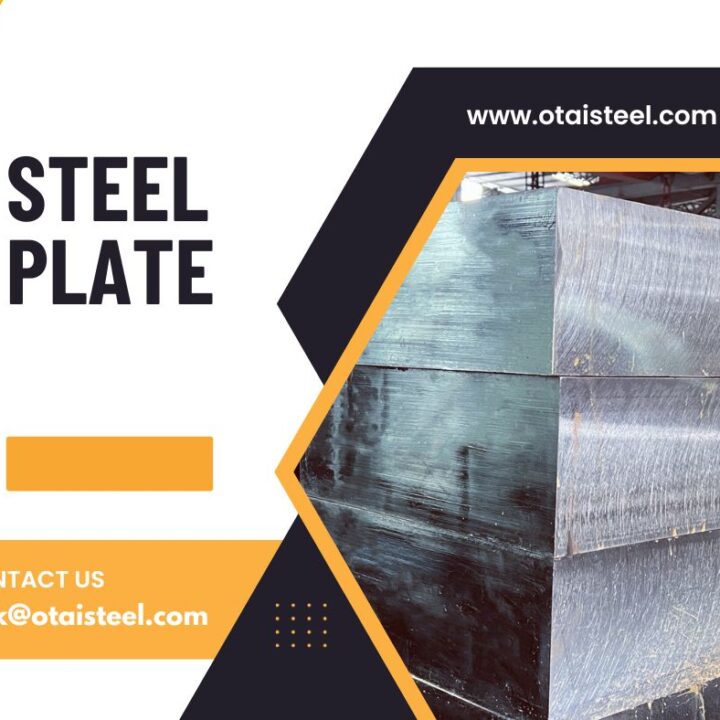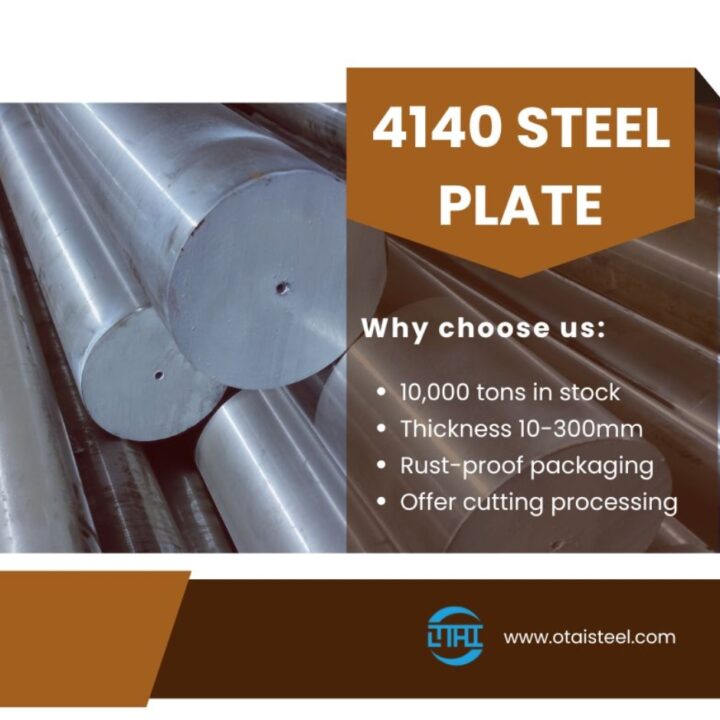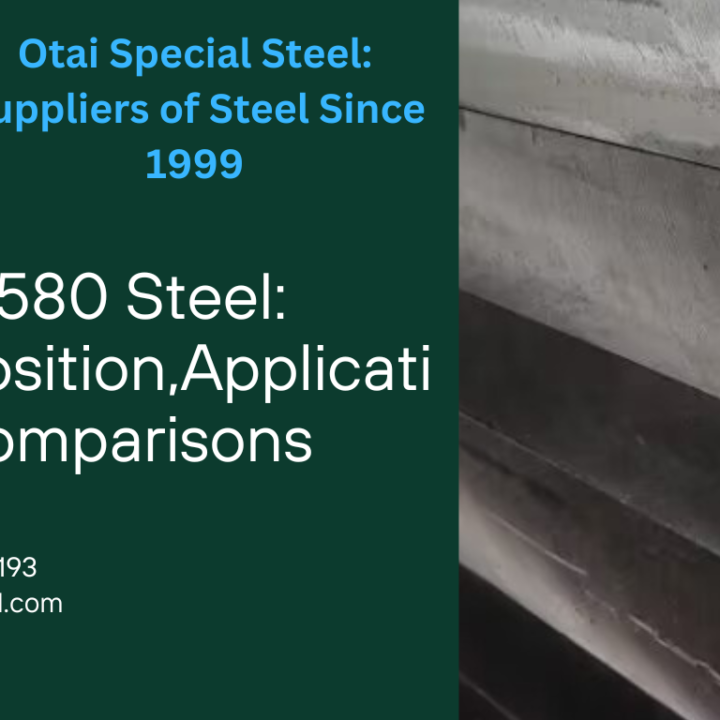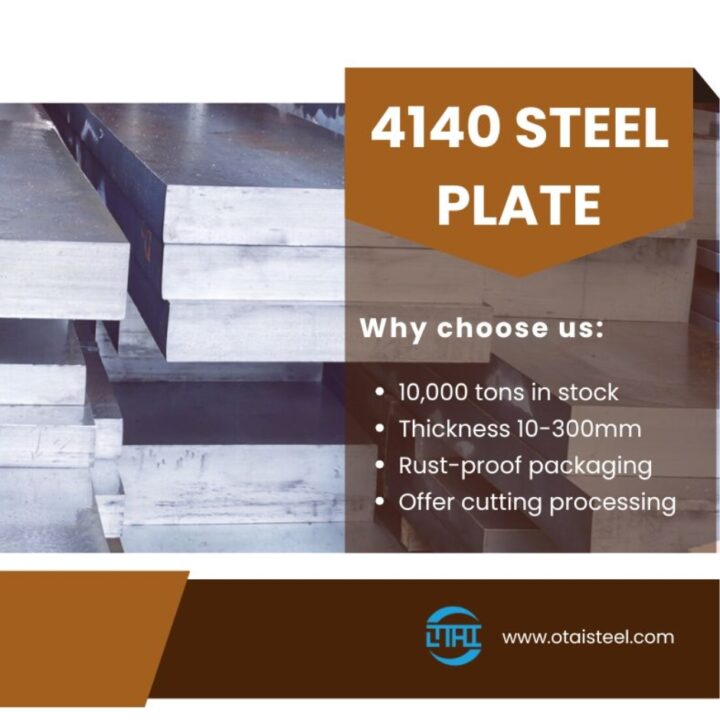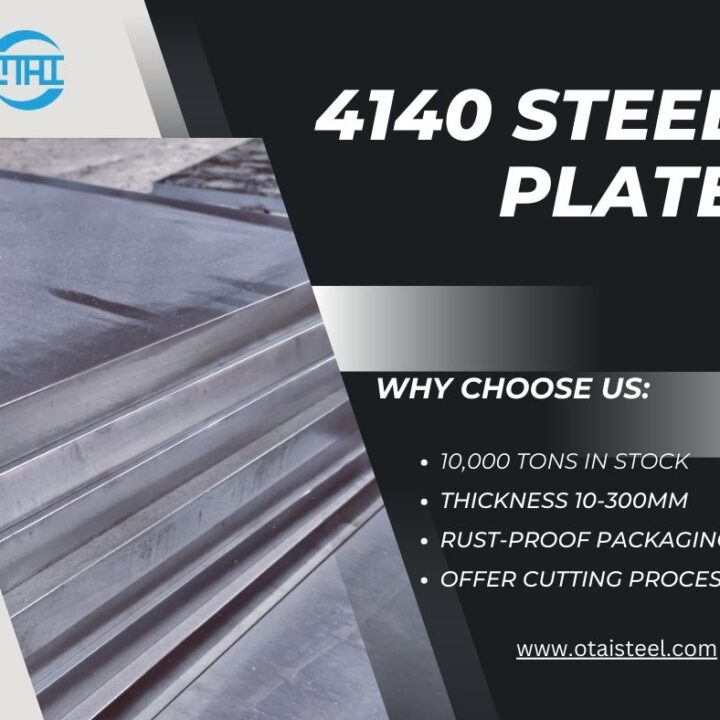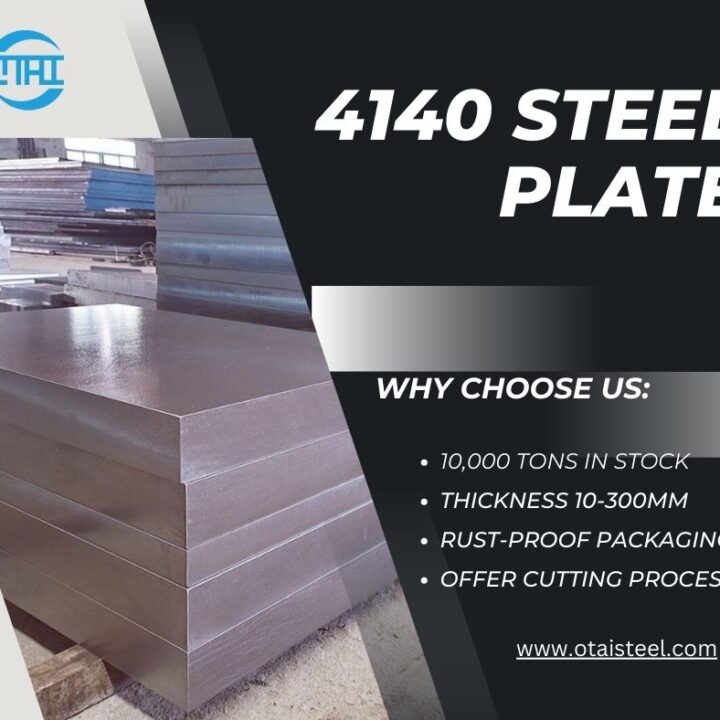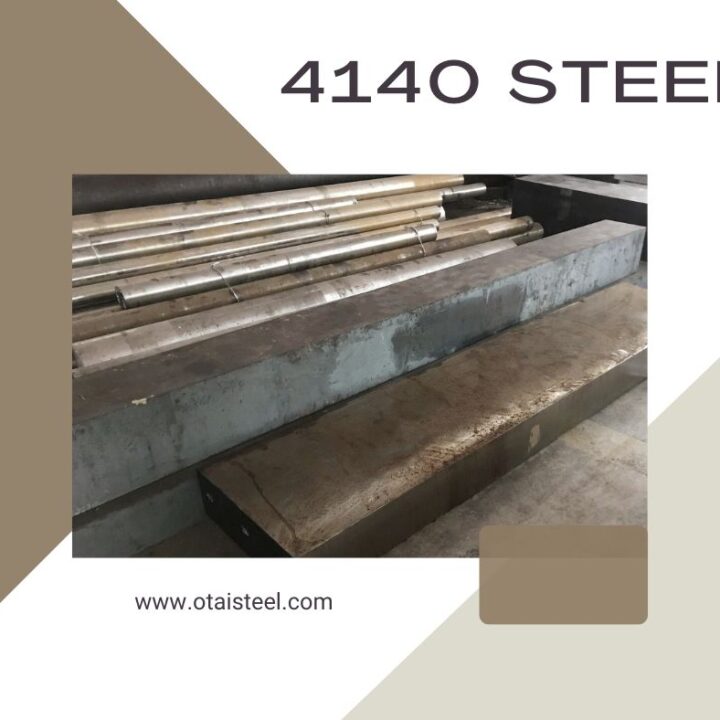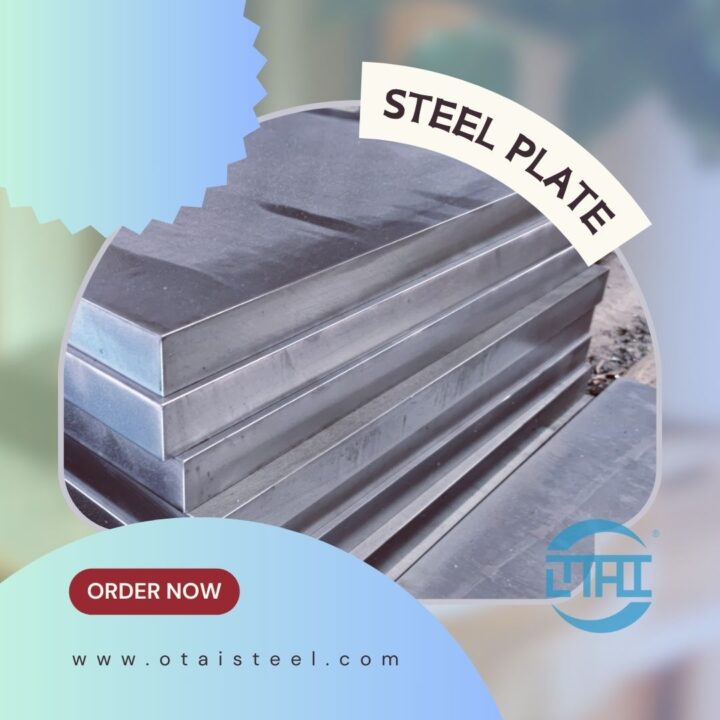Pressure vessels and boilers are critical components used in various industries to store and handle substances under high pressure and temperature conditions. The selection of materials for their construction is crucial to ensure safety, durability, and reliability.
Properties of 4140 Steel
4140 steel is a versatile alloy known for its excellent mechanical properties. Some key properties of 4140 steel that make it suitable for pressure vessels and boilers include:
- High strength: 4140 steel exhibits high tensile strength, allowing pressure vessels and boilers to withstand high internal pressures.
- Good toughness: The toughness of 4140 steel ensures resistance to brittle fracture, especially in applications where impact loads may occur.
- Fatigue resistance: Pressure vessels and boilers made from 4140 steel can withstand cyclic loading without premature failure.
- Hardenability: 4140 steel can be hardened through heat treatment, enhancing its strength and wear resistance.
- Corrosion resistance: Proper surface treatments and coatings can improve the corrosion resistance of 4140 steel in different environments.
Benefits of Using 4140 Steel in Pressure Vessels and Boilers
The utilization of 4140 steel in pressure vessels and boilers offers several advantages:
- High strength-to-weight ratio
4140 steel provides excellent strength while maintaining a relatively low weight, allowing for efficient design and installation.
- Good machinability
The machinability of 4140 steel facilitates the fabrication of complex vessel and boiler components, reducing production time and costs.
- Cost-effective
4140 steel is a cost-effective material compared to some other high-performance alloys, making it a favorable choice for pressure vessel and boiler construction.
- Availability and versatility
4140 steel is readily available and can be easily sourced, providing flexibility in design and fabrication options.
Applications of 4140 Steel in Pressure Vessels and Boilers
4140 steel finds applications in various types of pressure vessels and boilers, including:
- Industrial boilers
4140 steel is used in the construction of industrial boilers, which generate steam or hot water for various industrial processes.
- Chemical processing vessels
Pressure vessels used in chemical processing, such as reactors and storage tanks, can be constructed using 4140 steel due to its strength and resistance to corrosive environments.
- Oil and gas storage tanks
4140 steel is employed in the fabrication of storage tanks for oil and gas, providing the necessary strength and durability to handle the stored substances.
- Power generation boilers
Boilers used in power plants to produce steam for electricity generation can benefit from the high temperature and pressure resistance of 4140 steel.
- Water treatment vessels
Pressure vessels utilized in water treatment applications, such as reverse osmosis systems and water purification units, can be constructed using 4140 steel.
Considerations for Design and Fabrication
When designing and fabricating pressure vessels and boilers using 4140 steel, several considerations should be taken into account:
- Code compliance
The design and construction of pressure vessels and boilers must comply with relevant codes and standards, ensuring safety and regulatory compliance.
- Material selection
The specific grade and heat treatment of 4140 steel should be chosen based on the required strength, toughness, and corrosion resistance for the specific application.
- Welding procedures
Proper welding techniques and procedures should be followed to maintain the integrity of the joints and minimize the risk of defects or stress concentrations.
- Heat treatment
Heat treatment processes, such as quenching and tempering, may be required to achieve the desired mechanical properties and enhance the performance of the vessels and boilers.
- Quality control
Stringent quality control measures, including non-destructive testing and inspections, should be implemented throughout the fabrication process to ensure the integrity of the finished product.
The availability, cost-effectiveness, and versatility of 4140 steel make it a suitable choice for these critical components.
